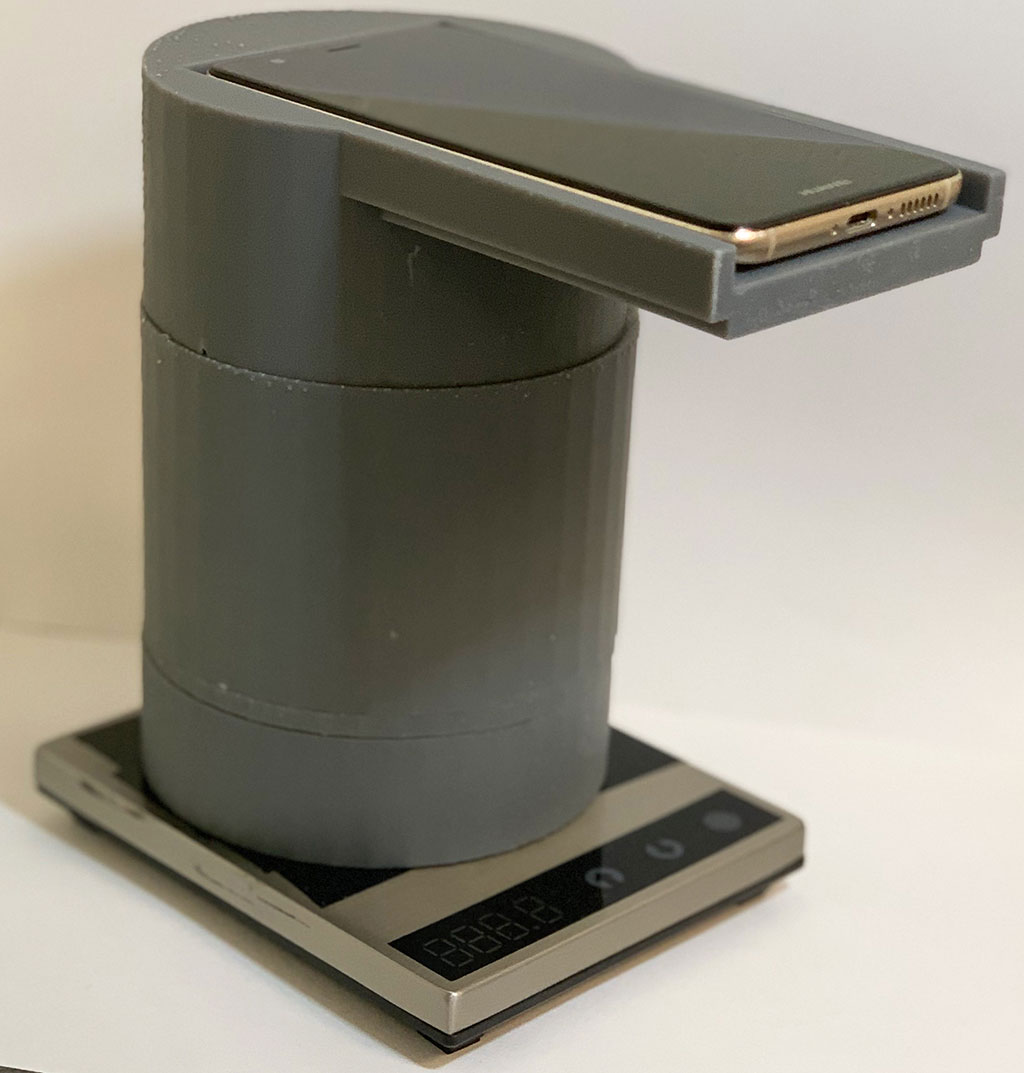CRISPR-Powered Method for Non-Invasive Blood Tests to Help Diagnose Early Stage Cancer
Posted on 02 Jun 2023
MicroRNAs, tiny RNA molecules that regulate gene expression, have been identified as potential cancer biomarkers in human fluids like blood. Extracellular vesicles, tiny particles actively discharged by cells, transfer biomolecules between cells, influencing cell functions and diseases. Tumor cells tend to release these vesicles with disease-associated microRNAs more aggressively, making them a promising source for discovering new cancer markers. However, their clinical application has been constrained due to their complexity and the absence of a tool sensitive enough for their detection. Although CRISPR technology, a potent gene-editing tool, has been increasingly recognized as a potential platform for developing new disease diagnostics, earlier CRISPR tests were not as sensitive as the gold standard RT-qPCR and involved multistep reactions with manual handling. Now, a new approach, called “EXTRA-CRISPR,” could represent a game-changing method in the microRNA testing field.
A team of researchers from University of Florida (Gainesville, FL, USA) has developed an innovative CRISPR-based strategy for non-invasive blood tests that could assist clinicians in diagnosing cancer at earlier stages. The new method, which detects microRNAs in extracellular vesicles, is as effective as the widely used RT-qPCR assays for cancer diagnosis and can be combined with a simple portable device for point-of-care clinical testing. With the aim of streamlining the complete workflow into a 'one pot' setup, the researchers created a quick, sensitive method to detect microRNAs that is simpler and reduces the risk of cross-contamination. The term 'one pot' signifies that all necessary chemical agents, except for the sample, are housed in a single test tube, and only the microRNA sample needs to be added for a reaction to carry out the analysis.

The researchers decided to tailor this technology for pancreatic cancer due to the high mortality rate associated with the disease. They demonstrated that the novel one-pot assay could be adapted for two detection methods commonly used for point-of-care testing. Using readily available components, including a blue LED illuminator, a plastic filter, and a coffee mug warmer, they first prototyped a portable smartphone-based device. These components were assembled on a 3D-printed body part, and a smartphone was attached to capture fluorescence images of the test vials post-reaction to measure the target markers. Alongside the fluorescence detector, they paired the EXTRA-CRISPR assay with a commercially available lateral-flow test strip to create an instrument-free point-of-care device. Both point-of-care methods were tested for pancreatic cancer detection, and they delivered diagnostic results consistent with those obtained with a benchtop PCR machine. A patent application has been filed by the researchers based on this work to make the one-pot CRISPR assay and the point-of-care technology widely accessible for basic research and clinical application.
“Our method is very promising for diagnosis of cancer, such as pancreatic cancer, when combined with robust microRNA biomarkers and for point-of-care testing,” said He Yan, Ph.D., a postdoctoral researcher who was part of the team. “In the future, this method can be coupled with a very simple, low-cost portable device to make pancreatic cancer detection simpler but still reliable.”
Related Links:
University of Florida














